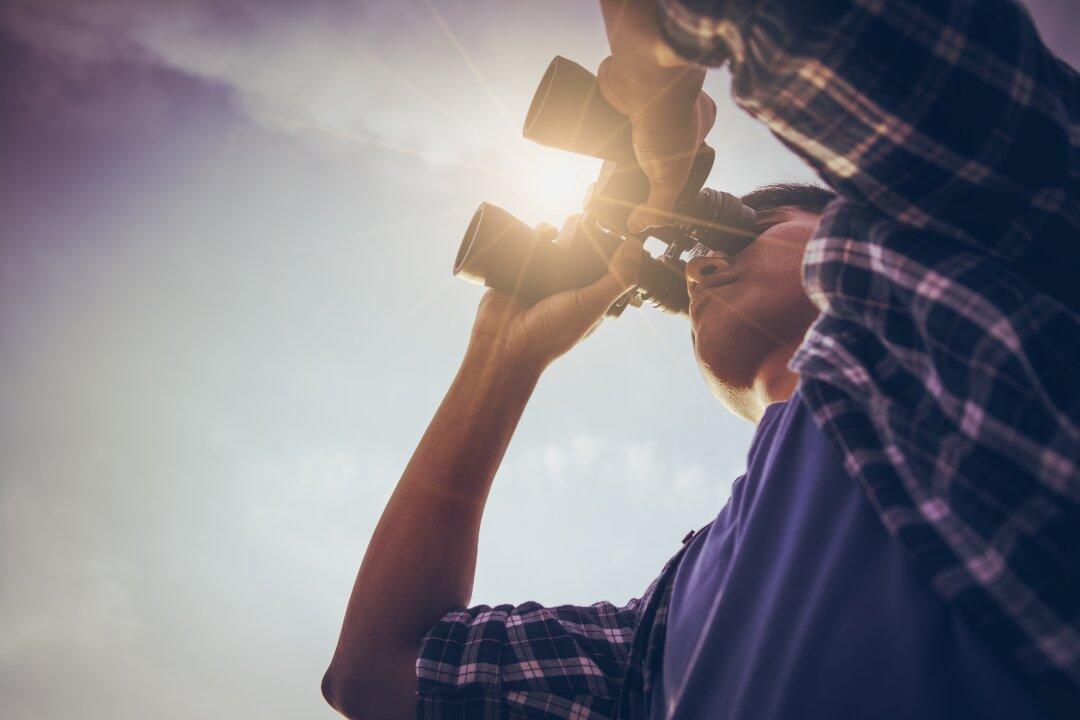In the middle of a humid Georgia July, Fred Barley was sleeping in a tent on the campus of Gordon State College when he was visited by police officers responding to a trespassing call. They asked Barley to leave his makeshift home but changed their approach once they heard his story. Barley had biked more than six hours to register for his second semester at Gordon State, with nothing more than two duffel bags and a box of cereal to last him for the few weeks until school started. The dorms didn’t open until August, but Barley felt campus was the safest place to stay and was hoping to find a job to support himself. The police officers took Barley to a local motel and paid for two nights. Word of Barley and his determination traveled quickly throughout the community, and the owner of the motel allowed Barley to stay there until he was allowed to move into the dorms. He was also offered a job as a dishwater at a local pizzeria. What’s more, the community started a GoFundMe page for Barley and raised enough to cover the cost of his tuition, living expenses, and then some. Barley’s situation dramatically changed thanks to one act of generosity by two police officers.
Sixteen-year-old Shane Jones was searching for a unique way to make some extra cash. After watching a few YouTube videos, he found a side hustle he didn’t know existed: purchasing the contents of repossessed storage units. When a renter stops paying for the storage units, their belongings are put up for auction, and the buyer of those items can turn around and sell them for a profit. Shane bid one hundred dollars and won, but when he arrived at the storage unit, he knew he couldn’t sell anything. Inside the unit were stuffed animals, photographs, and personal documents. Shane discovered the owner was in prison and realized this was probably everything that person owned. With the help of his parents, Shane tracked down the owner’s mother at a retirement home and gave her the belongings. She was thrilled that someone would give their time and money just to help her incarcerated son.
Colton was struggling to pay his college tuition. He had been going a semester at a time while working full-time, but money was getting tight and he wasn’t sure how he was going to pay for his next semester. After church one Sunday, he walked up to the front and asked an elder to pray with him that God would provide a way for him to keep attending school. A few days later, Colton received a phone call from a woman who told him she wanted to pay for his tuition. He was speechless. Because of her generosity, Colton was able to graduate and earn a scholarship to graduate school.
Patrick’s niece, Jocelyn, had just graduated high school. She was bright and a good kid, but her family struggled financially. Going to college would be a stretch, but Patrick wanted to do something meaningful for her. At the mall on a Saturday, he thought about buying a gift card to her favorite clothing store, but he realized that would just be spent and soon forgotten. As he walked by a bookstore, Patrick remembered an article he had read about opportunities for women in science, technology, engineering, and math. STEM, they called it. She’s always been strong in math, he thought. As he perused the bookstore, he found a book on opportunities in the STEM field. Inside the book was a chapter on scholarships and grants that would really help her. Jocelyn’s face lit up when her uncle handed her the book and read the handwritten note inside: “Jocelyn, I believe in you. I look forward to seeing you soar to great heights. Love, Uncle Patrick.” That $20 didn’t seem like much then, but the vote of confidence he gave his niece continues to pay great dividends.





